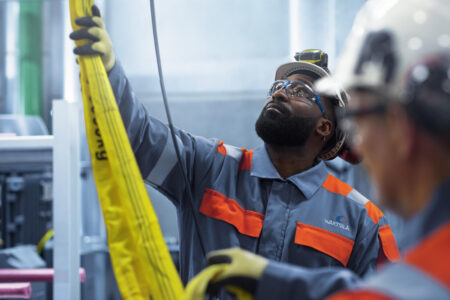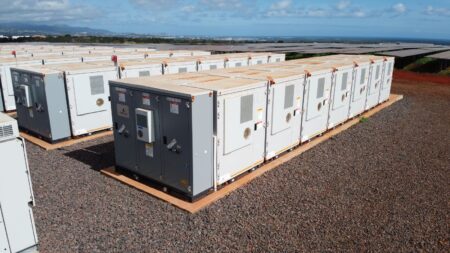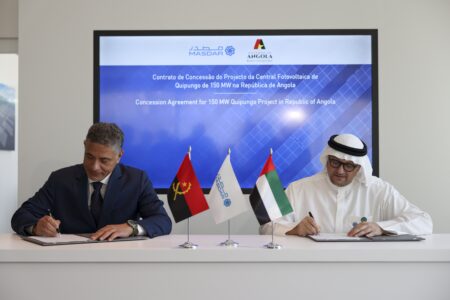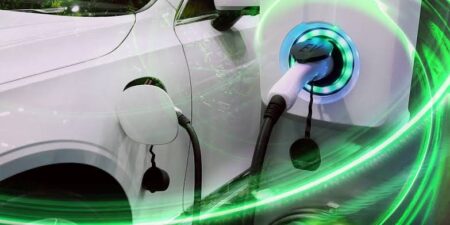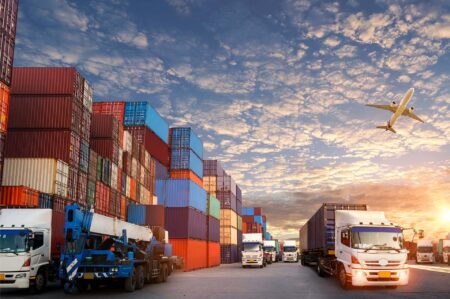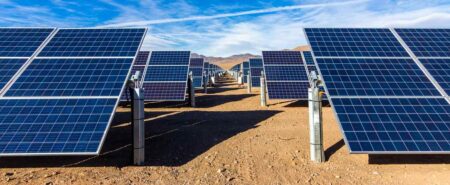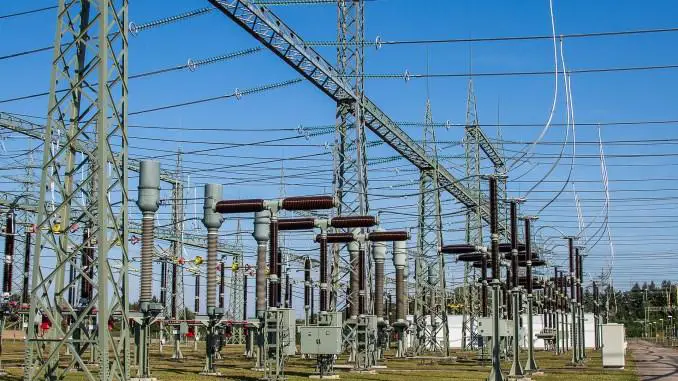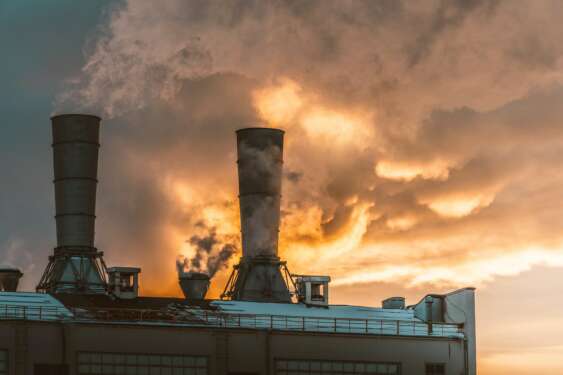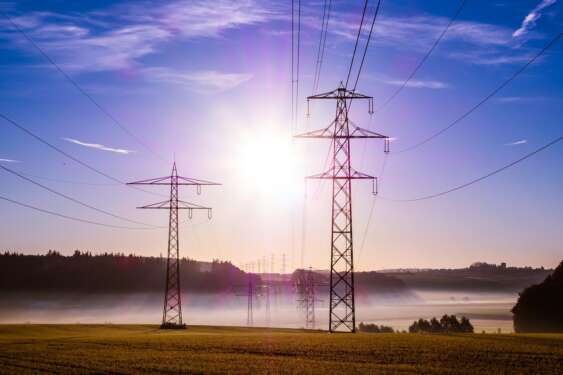- Africa’s new dawn: the rising role of digital and AI in agriculture
- Can Dangote Refinery Transform Africa Energy Ambition
- Gallup Survey: 80 per cent of Kenyan Workers Are Disengaged and Seek New Opportunities
- Madagascar Man Freed from 5KG Tumor After 15-Year Struggle
- How women in Africa are perceived and treated
- Sugar consumption in Kenya to Increase to 1.23 Million Tonnes
- Can Somalia and Turkey Oil deal Bring Change in Somaliland
- Remittances to Kenya dropped to $371.6 million in June, marking a six month low
Browsing: Renewable energy in Africa
- Existing scientific research in Africa’s renewable energy transition often overlooks certain dispatchable technologies that could enhance grid flexibility.
- Studies primarily focus on zero-carbon dispatchable technologies like concentrated solar power and geothermal, despite their limitations in efficiency, reliability, and cost.
- Balancing engine power plants, which are globally recognized for their flexibility, reliability, and cost-effectiveness, are notably absent in these analyses, despite their potential to run on clean fuels in the future.
It is no longer disputed that solar and wind power will be the foundation of Africa’s future energy systems. They are perfectly suited to the continent’s unique conditions and are already the most cost-competitive power option in almost all cases. This consensus spans academia, businesses, and policymakers who all recognize the potential of renewable energy to meet Africa’s growing needs sustainably.
They also readily acknowledge the intermittent nature of renewables, and the associated need for flexible power capacity within the …
- Chronic instability plagues the existing power grids, worsened by the pressing need to connect growing populations.
- The advent of renewable energy sources introduces new complexities, considering the intermittent nature of solar and wind power generation.
- Wärtsilä Energy says deploying battery storage and flexible engine power plants offers a pathway toward reliable grid resilience.
Across economies in Africa, a profound transition is underway. Increasingly, economies are grappling with the dual challenge of meeting burgeoning energy demand while steadily transitioning towards sustainability, a scenario amplifies the importance of economies having reliable power production.
Wärtsilä Energy, a giant power plant manufacturer and energy systems integrator in Africa, is coming forward to offer insights on how economies can easily navigate this transition. Drawing insights from the 2024 North and West Africa Energy Transition Forum in Rabat, it is evident that addressing the complexities of grid reliability and renewable energy integration requires a multipronged approach.…
- Masdar, UAE’s renewable energy company, signs agreement with Angola’s Ministry of Energy and Water at COP28 to develop solar plant in southern Angola.
- Project will create up to 600 jobs and deliver clean energy to 90,000 homes in region with significant electricity supply challenges.
- The agreement signed at COP28 demonstrates Masdar’s commitment to just energy transition in Africa and around the world.
Masdar, one of the world’s leading renewable energy companies, has announced plans to develop a major 150 megawatt (MW) solar PV project in Angola to deliver renewable energy to 90,000 homes while creating hundreds of jobs, spurring economic growth, and cutting carbon emissions.
As global leaders engaged in climate negotiations at the UN’s climate change conference COP28 in Dubai, Masdar – the UAE’s clean energy powerhouse – signed a concession agreement with Angola’s Ministry of Energy and Water to build and operate the ground-mounted solar power project in …
Africa’s e-mobility is gaining momentum, largely driven by the daunting climate change crisis, fueling the need to decarbonize transport systems. African countries remain in pursuit of e-mobility solutions and advancement to low-carbon economies. Africa’s endowment with minerals key to the global green transition offers a significant advantage.…
- Africa has huge potential to power global supply chains for automobiles, handsets, food, renewable energy, and healthcare.
- The value of the African supply chain finance market rose by 40% between 2021 and 2022, reaching $41 billion.
- Africa has at least a fifth of the world’s reserves in a dozen metals critical for the energy transition.
- African countries need to capitalize on their comparative advantages and bolster technology adoption, improve logistics and leverage trade agreements.
Riding on its key comparative advantage of driving green transition globally, Africa can become a new hub for international supply chain, including for technology intensive industries. However, to realize this ambition, the ball lies principally in the court of policymakers in Africa and businesses to position the continent at an advantage.
These revelations are contained in the new United Nations Conference on Trade and Development (UNCTAD) Economic Development in Africa Report 2023 released on 16th…
- Africa is heavily dependent on fossil fuels, which not only contribute to climate change, but also make the continent vulnerable to price fluctuations in the global oil market.
- Renewable energy projects in Africa, such as solar and wind power, are starting to gain momentum and are showing great promise as a solution to these challenges.
- Investing in renewable energy in Africa not only helps to address these challenges, but also brings a host of benefits.
As the world continues to shift towards a more sustainable future, Africa is emerging as a key player in the renewable energy sector. With vast stretches of land and abundant sunshine, Africa has the potential to harness the power of the sun and wind to generate electricity, creating economic opportunities and reducing dependence on fossil fuels.
Currently, Africa’s energy sector faces significant challenges. Many countries in the region lack access to electricity, with nearly 600 …
- In pursuit of bringing about electrification to the continent, the energy sector was abuzz with activity in 2021
- In September 2021, for instance, Uganda launched the last-mile connectivity component to connect 87,500 rural households with affordable electricity
- In June 2021, the World Bank Board approved US$200 million in International Development Association (IDA) funding to help Benin improve its access to electricity services for households, businesses, and essential public services
Africa is the world’s least electrified continent, with nearly 600 million people in sub-Saharan Africa or 53 per cent of the population still living in the dark in 2021, according to data by The Economist.
In pursuit of bringing about electrification to the continent, the energy sector was abuzz with activity in 2021. Below are some of the most significant electrification projects that have been ongoing in Africa in the past year.
- Uganda’s last-mile connectivity project
In September 2021, Uganda launched
As the largest economy in Africa, with huge gas reserves and high solar energy potential, Nigeria has all the natural resources necessary to meet the growing demand for electricity. However, the inadequate energy infrastructure still leaves a significant part of the population without power or relying on oil-fired back-up generators. If Nigeria can improve its energy infrastructure and unlock its gas-to-power generation potential, it paves the way to integrating low-cost renewable energy, bringing electricity and development opportunities to rural villages, driving industrial growth and employment, and increasing prosperity across the country.
There is no doubt that gas has an important role to play in meeting Nigeria’s electricity demand, but to achieve this, there is an urgent need to reform the gas and electricity sectors. The poor condition of the gas transmission and distribution system is a major constraint as domestic supply shortages and insufficient pressure severely affect the reliability of …
The continent faces a stark challenge of energy availability. More than 60% of the population has no access to electricity. Moreover, a lack of clean energy for cooking remains a challenge. Even those with access to power face severe power cuts triggered by load-shedding and faults. Both triggers can be traced back to infrastructural challenges, including a lack of adequate generation capacity and aging infrastructure.
According to the World Bank’s State Of Access To Modern Energy Cooking Services Report, only 10 percent of sub-Saharan Africa has access to modern sources of cooking energy.
The effect of this inadequacy creates a ripple effect of problems. In terms of health, people are affected by diseases such as respiratory illnesses born out of using unclean energy sources.
Further, the environment suffers. In order to obtain firewood for cooking and other purposes, people are forced to cut down trees, often most indiscriminately. In …
Africa needs cumulative investments of $2.6 trillion between 2019 and 2040 to meet the rising energy demand and provide more accessible facilities to citizens as the continent’s population expands report shows.
The International Energy Agency (IEA) released its Africa Energy Outlook 2019 report, in which it said that Africa is experiencing the fastest progression of urbanisation in the world. While accounting for half of the global increase, the report said that Africa’s overall population is projected to expand by 600 million before 2040.
According to the report, the shifts will drive the continent’s economic growth, infrastructure development and energy demand, which is predicted to rise by 60 per cent.
“While this energy gap remains a significant barrier to Africa’s sustained economic development, it inversely presents several opportunities for many African nations such as current advancements in the liquefied gas (LNG) market, potential for realising onshore value, while simultaneously driving …





